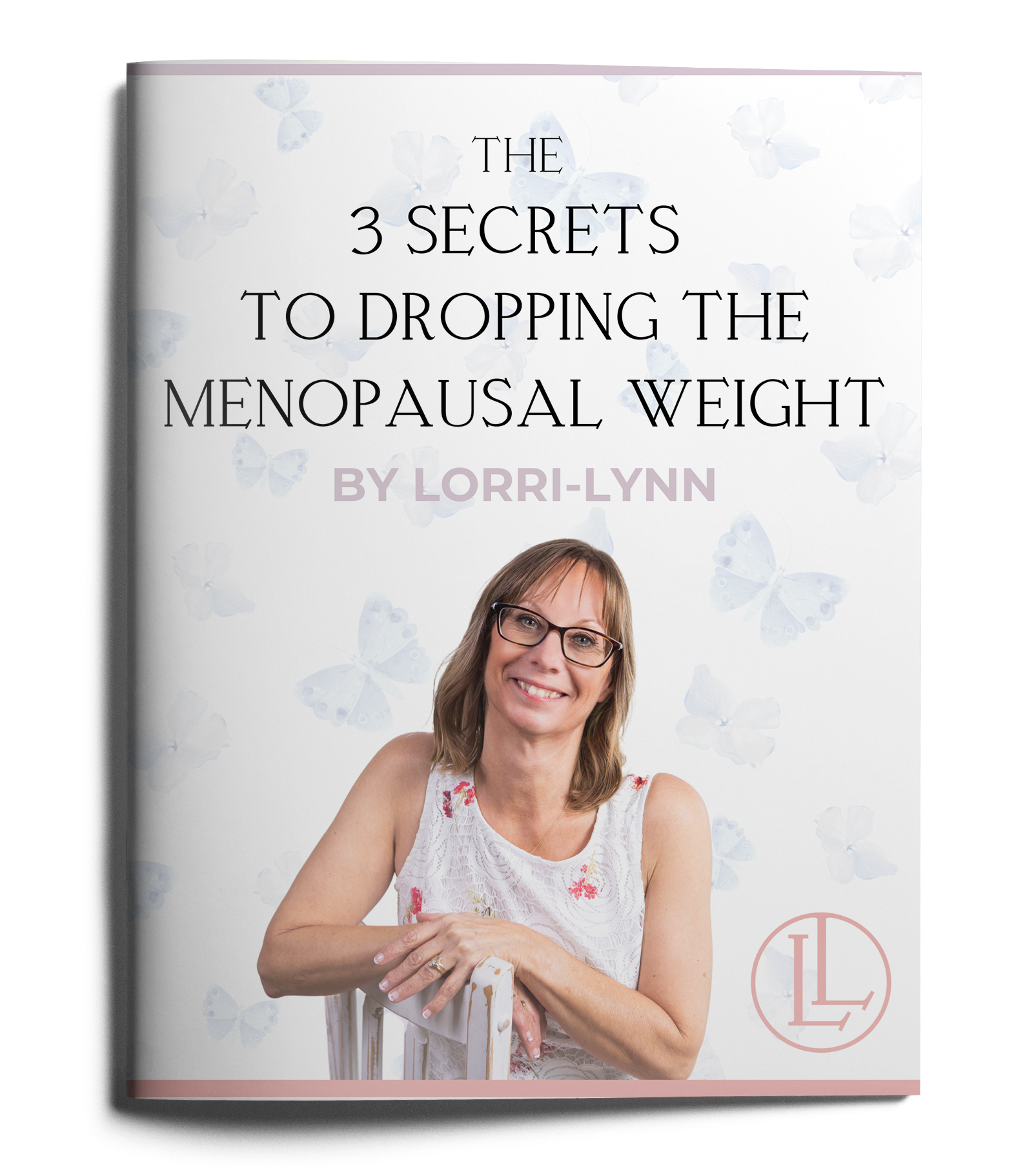We’ve all been there feeling like we’re on a never-ending treadmill, running around, juggling responsibilities, and somehow neglecting ourselves in the process. It’s no secret that stress affects our lives in so many ways, especially during menopause. But did you know that the stress you’re feeling could be a key player in why you’re struggling to lose weight or maintain a healthy body during this time?
As women in midlife, it’s easy to fall into unhealthy habits when stress takes over. We’re constantly moving, always checking off the next thing on our to-do list. But here’s the truth: stress isn’t just something we feel in our minds. It manifests physically in our bodies, too—and that can have a significant impact on our health and weight.
Where Do You Hold Your Stress?
Let’s start by asking an important question: Where do you hold your stress?
Some of us feel it in our shoulders—tight, hunched, and tense from carrying the weight of everything on our plates. Others might notice it in their hips, maybe even holding tension there without realizing it. For some, it’s a clenched jaw, a furrowed brow, or squinty eyes. Stress shows up in different ways, but the common thread is that it makes our bodies feel tense, and over time, it can lead to unhealthy coping mechanisms—like eating for comfort or reaching for that glass of wine.
So, take a moment now to check in with your body. Where do you feel tension? Is it in your shoulders, your hips, or maybe your stomach? Stress can sneak up on us and recognizing where you’re holding it is the first step in understanding how to manage it.
Stress and Overeating: The Unseen Connection
As much as we try to manage our daily responsibilities, stress often builds up. When we’re busy, it’s easy to let our self-care slip through the cracks. How many times have you skipped a healthy breakfast because you were running late or grabbed fast food because you couldn’t find the time to cook? How often do you eat mindlessly, maybe in front of the TV, without really thinking about what your body needs?
I can tell you from personal experience: When I’m stressed, I often find myself searching for comfort food or reaching for a glass of wine. My body feels tense, my mind is racing, and food becomes a way to “escape” or momentarily numb the stress. But here’s the thing—this behaviour only compounds the problem. When we don’t pause to check in with ourselves, we make choices that don’t align with the person we want to be.
The Importance of Awareness
Awareness is the first step toward breaking this cycle. Stress can lead to overeating, but we rarely ask ourselves, “Am I actually hungry right now, or am I just stressed?” When we’re caught up in the fight-or-flight response, our bodies are on high alert, and that can cloud our judgment.
So, how do we regain control?
1. Check In With Your Body
Before you reach for food or a drink, take a moment to drop into your body. How do you feel? Are your muscles tense? Is your stomach tight? Are you feeling anxious or frustrated? Just pausing for a few seconds to connect with your body can help you identify whether you’re physically hungry or just seeking comfort.
2. Notice Your Triggers
If you catch yourself thinking, “I have so much to do; I can’t keep up; I don’t know how to handle this,” recognize that you’re in a state of stress. Those “I have to” and “I can’t” thoughts only elevate your anxiety and make it harder to make clear, healthy decisions. Challenge those thoughts. Replace “I have to” with “I choose to…” and focusing on what you can control, like taking a deep breath or choosing a nourishing meal, can help ease the stress.
3. Practice Self-Care
Self-care is more than just pampering yourself; it’s about being aware of your body, your mood, and your needs. Taking the time to cook a healthy meal, go for a walk, or simply relax with a calming activity is just as important as any other responsibility. When you take care of yourself, you’re less likely to turn to food or other distractions as a way to cope.
Tips for Reducing Stress and Supporting Weight Loss
• Mindful Eating: Let’s slow down and savour the moment together. When you eat, take the time to truly notice the flavours, textures, and how your body feels. This small shift can help you avoid overeating and make choices that truly nourish you. You deserve it!
• Physical Movement: Whether it’s a walk, yoga, or just stretching, moving your body helps release built-up tension and make it fun! I love to cook dancing! Make cooking fun!!
• Breathe Deeply: Taking slow, intentional breaths helps your body calm down, reduce stress, and regain balance. It’s like a mini reset button—inhale deeply through your nose, exhale slowly through your mouth, and feel the calm wash over you!
• Prioritize Sleep: Lack of sleep can worsen stress and affect your ability to make healthy choices. Aim for 7-9 hours of sleep per night.
• Stay Hydrated: Sometimes, we mistake thirst for hunger. Drink plenty of water throughout the day to stay energized and avoid unnecessary snacking.
The Power of Mind-Body Connection
One of the most valuable lessons I’ve learned over the years is the power of the mind-body connection. When you’re stressed, your body reacts. But when you learn to listen to your body, understand where stress is held, and make mindful choices, you can begin to shift the way you respond to stress.
You can’t pour from an empty cup. Taking care of yourself is not selfish—it’s necessary!💕 Stress might be a big part of why you’re struggling with your weight or health, but it doesn’t have to be the reason you stay stuck. By practicing awareness and self-care, you can manage stress in a healthier way, make better choices, and start feeling more in control of your body.
So, I challenge you: Take a moment today to drop into your body. Notice where you’re holding stress and ask yourself if it’s influencing your choices. You deserve a life where you feel vibrant, healthy, and at peace. Stress doesn’t have to have the last word.
Key Takeaways:
• Pay attention to where you hold stress in your body.
• Recognize the connection between stress and overeating.
• Prioritize self-care and mindfulness.
• Make small, intentional choices to reduce stress and nourish your body.
Take care of yourself today—and every day. You are 100 % worth it!💖✨

